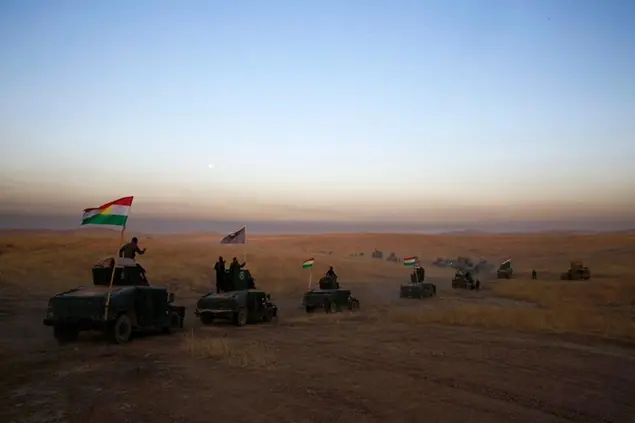- L’alleanza PKK-Iran mette gli americani sul chi vive in Siria e nord Iraq.
- La Turchia attacca il PKK curdo in nord Iraq ma quest’ultimo si allea con l’Iran . Milizie filo-iraniane bombardano le basi turche come hanno fatto con quelle Usa a sud
- I veri perdenti di questo cambio tattico sul terreno sono i curdi del Rojava e quelli del kurdistan iracheno
Perché gli Stati Uniti hanno abbandonato (di nuovo) i curdi in medio oriente

31 maggio 2022 • 19:46